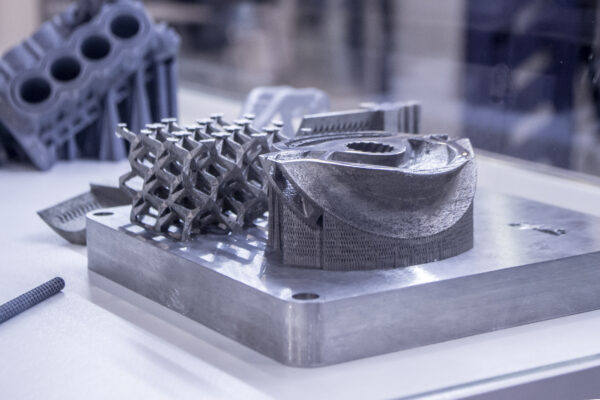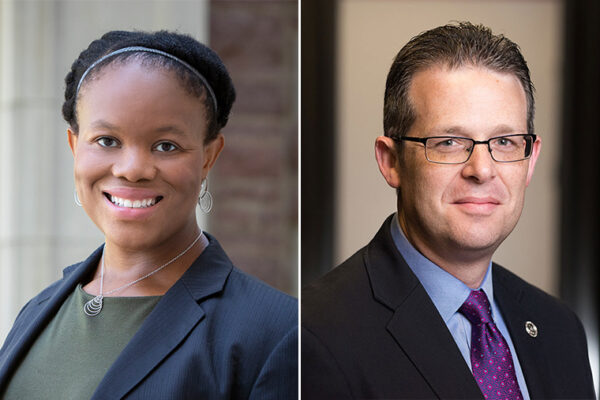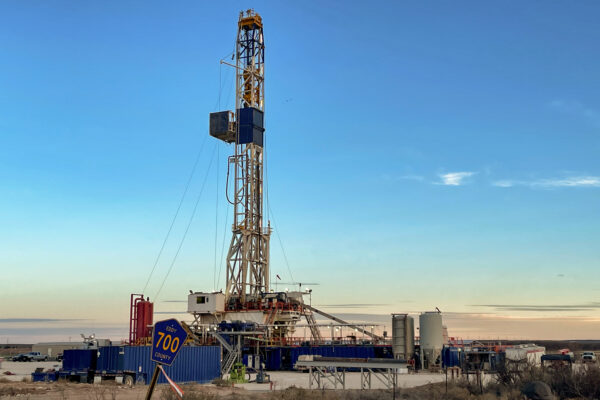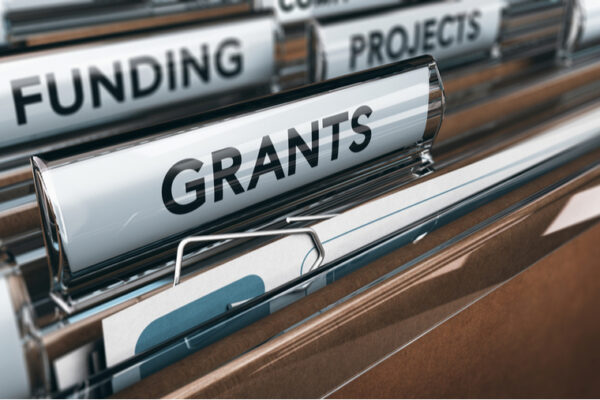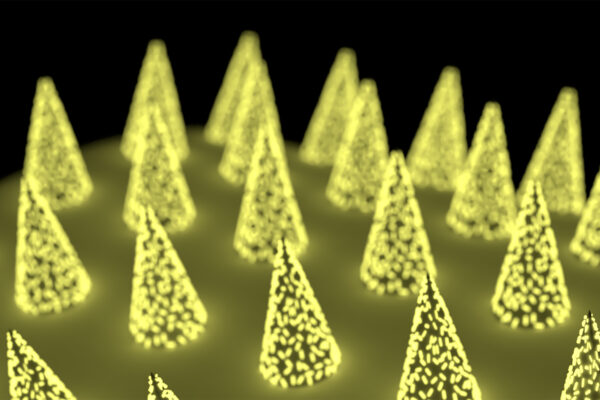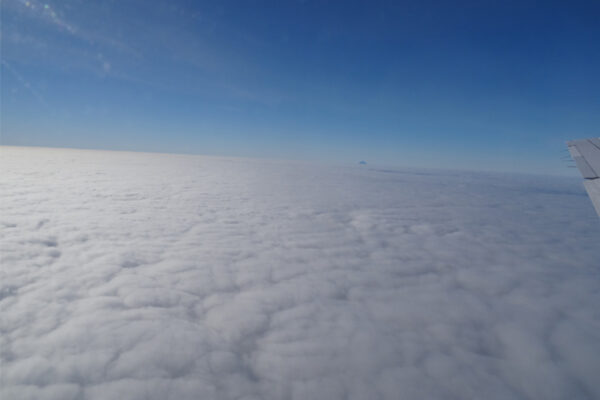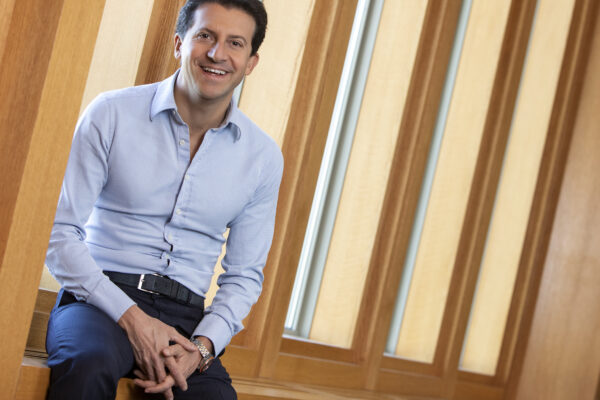Weisensee receives NSF CAREER Award
Patricia Weisensee, assistant professor at the McKelvey School of Engineering, has received a $557,000 CAREER Award from the National Science Foundation.
Imoukhuede, Payne named AIMBE Fellows
Two faculty members from Washington University — Princess Imoukhuede and Philip R. O. Payne — have been named fellows of the American Institute for Medical and Biological Engineering (AIMBE). AIMBE’s College of Fellows is limited to the top 2% of medical and biological engineers.
Solved: The mystery of toxic fracking byproducts
Research from the lab of Kimberly Parker at the McKelvey School of Engineering reveals how certain, toxic byproducts of hydraulic fracturing are created. The next step is to determine whether or not there’s something to be done about it.
Mechanism behind heartbeat regulation, heart function uncovered
Jianmin Cui, at the McKelvey School of Engineering, and Po wei (Billy) Kang, an MD/PhD student at the School of Medicine, led an international team that studied heartbeat regulation and heart function. The work was published in Science Advances.
Fighting racial inequity by funding Black scientists
Washington University’s Princess Imoukhuede and Lori Setton join more than a dozen of their colleagues across the country calling for racial equity in federal funding of biomedical engineers.
Using machine learning to better understand elbow injury
The Musculoskeletal Research Center at Washington University School of Medicine has given Spencer Lake, associate professor of mechanical engineering and materials science at the McKelvey School of Engineering, a one-year $40,000 grant to use machine learning to better understand elbow injuries.
No more needles?
WashU engineers have developed a biosensing microneedle patch that can be applied to the skin, capture a biomarker and, thanks to its unprecedented sensitivity, allow clinicians to detect the biomarker’s presence.
Aerosol particles naturally form over the open sea
Research led by Jian Wang, professor of energy, environmental and chemical engineering at Washington University in St. Louis, uncovers a previously undocumented source of aerosol formation, which will improve climate models.
Lu named Association for Computing Machinery Fellow
Chenyang Lu, the Fullgraf Professor of computer science and engineering at the McKelvey School of Engineering, has been named a fellow of the Association for Computing Machinery
Sinopoli named IEEE Fellow
Bruno Sinopoli, the Das Family Distinguished Professor and chair of the Preston M. Green Department of Electrical & Systems Engineering at the McKelvey School of Engineering, has been named an IEEE Fellow of the Class of 2021, one of the organization’s most prestigious honors.
Older Stories
